A Guide for Parents
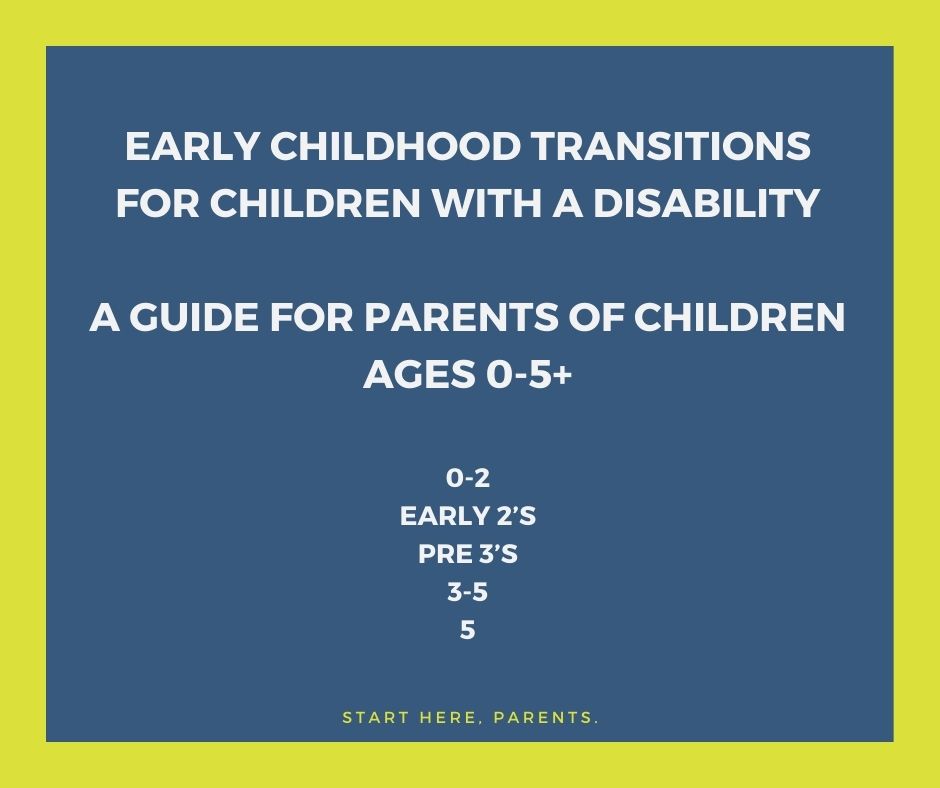
If your child has a disability or developmental delay you may feel upset or scared, and you likely have many questions. One of the scariest times can be during transitions. The first 5 years of a child’s life can feel like one constant change. Below is a resource guide from diagnosis to kindergarten that will walk you through the stages of early childhood so you can be sure to get your child the right supports at the right time.
*Language and terminology in every state may vary but this guideline has been designed as a general process overview that is similar across all 50 states.
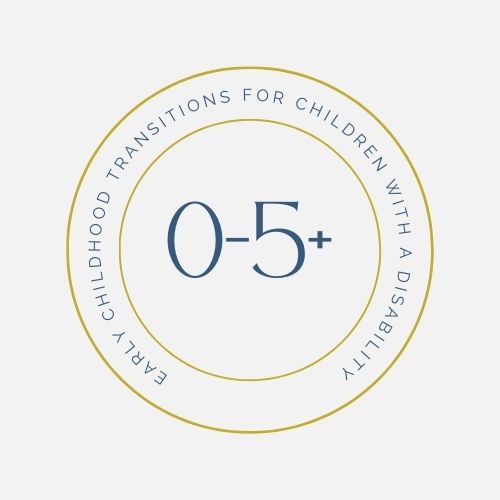
Identify your child’s disability
As soon as you have concerns that your child may not be meeting developmental milestones or something feels atypical you will need to get an assessment from your pediatrician. Children could have a developmental delay or another kind of disability. Consult with your doctor on the tests they suggest. You can ask for any specific screenings for developmental concerns, Autism, etc.
Screenings = to see if your child is likely to have a specific disability or delay.
Developmental Evaluation = to find out for sure if your child is diagnosed with a disability of any kind.
You will need to work with your doctor to identify your child’s diagnosis. Most children who require special education options have developmental delays / disabilities, rather than a physical disability, which make be more straightforward in identifying. This means they are not developing the skills that most of the kids their age have learned, also known as Developmental Milestones.
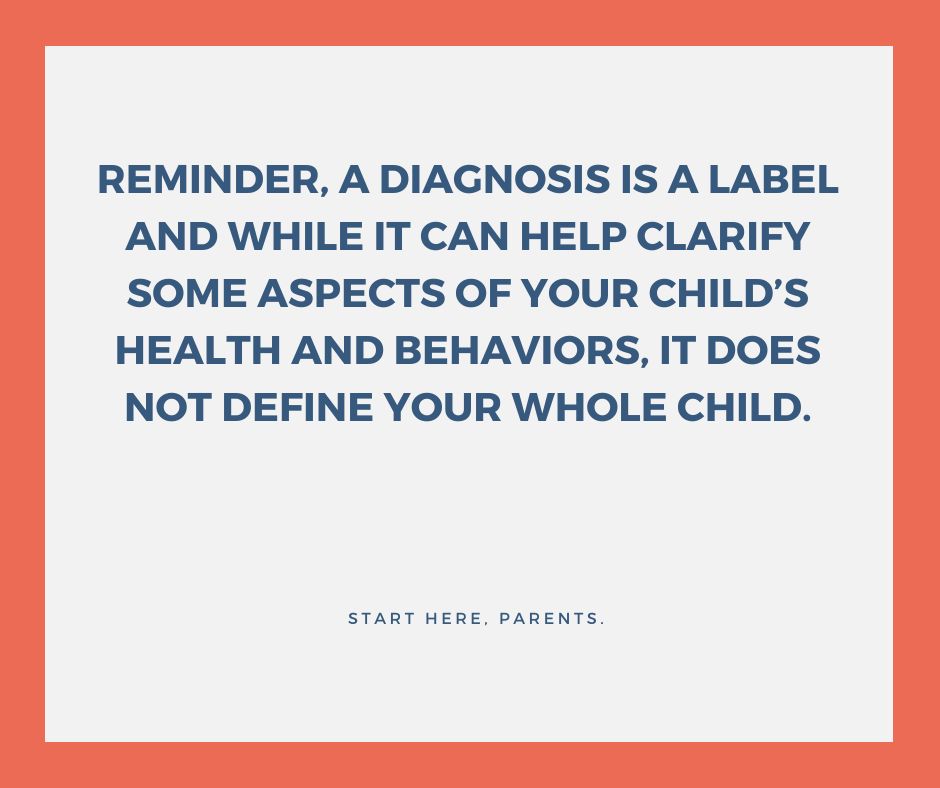
Assessments
Just because your child now has a diagnosis does not mean the evaluation process has concluded. States have varying names for the Early programming option (often called Early Intervention or EarlySteps) teams will need to do their own assessments. Later, the school will do a round of assessments as well.
Tip: keep all medical provider reports, it will help the later assessment processes.
Apply for Early Programming
In most states, early programming is for kids ages 0-3 who have been diagnosed with a disability. Early programming (often called Early Intervention or Early Steps) will have their own assessment requirements to determine eligibility. Most often, the program will assign your family a coordinator to help you understand the program and guide your family through the evaluation process which usually includes an outside evaluation agency.
The program works with your family to set meaningful goals and create the right care and support plan to help your child meet those goals. Services can vary from therapies like speech, physical or occupational and other supports can vary state-by-state. Most early programming programs are provided at no cost to families.
Identify Benefits
There are a lot of government benefits that can support children with disabilities, a few benefit overviews are below:
Social Security
State office for individuals with disabilities: every state has a state-wide disability resource, some are housed in Human Services, Children’s Services or have an entire Office dedicated to disability-specific needs. You can find your state disability office here.
Health Insurance / Medicaid / CHIP
Private health insurance for a child with disabilities can get expensive and difficult to manage quickly. In addition to private insurance there are two additional coverage options; Medicaid and the Children’s Health Insurance Program (CHIP).
Medicaid – is often available to provide for children based on disability status, even if the family would traditionally make too much money to qualify. In many states families can keep their primary or private insurance and enroll their child in Medicaid to serve as a backup option.
CHIP- Provides health insurance coverage to children.
Identify Supports
As a parent you will almost certainly have your own concerns and questions, but other parents often have a lot to offer.
There are many parent and family run social media pages, our blog includes parents sharing experiences and you can connect with service-based organizations. Your support group can be online or in real life, but you do not have to navigate this alone.
Most states have Parent Training & Information Centers. To locate one the closest to you, use this state navigator tool.
Ask your early programming coordinator for advice and resources!
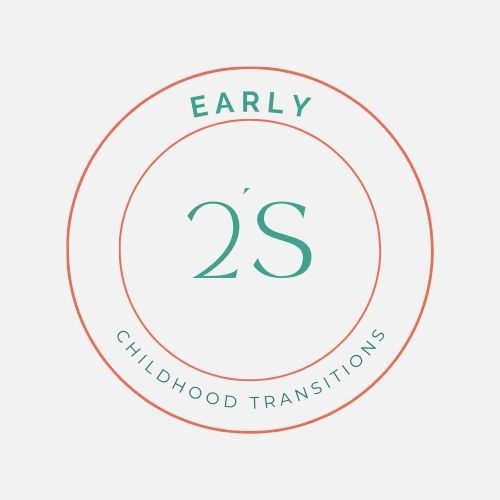
Compiling the Paperwork
Most of what you are doing in the early 2’s is in preparation for and to start the connection with your school district. You will want to start by having your paperwork in order.
Collect and organize any medical, legal or background paperwork the describes or identifies your child’s disability. The school district will do their own evaluation to determine eligibility but your preparation and background will make the process much smoother.
Contacting the School
If your child was not enrolled in an Early Program you can call the school to refer your child yourself. School districts have a coordinator or educator who determines children’s eligibility for special education services and accommodations.
If your child is in an Early Program the coordinator you work with there can help guide you through this process as they have likely worked through this transition with families many times.
Whether you are contacting the district yourself or if a coordinator is doing it on your behalf, your child will need a new evaluation to be done by the school district. Your Individualized Family Service Plan (IFSP) or any reports from the Early Program provider will be extremely helpful.
The timeline is important. Early 2’s might feel a bit early to get started but this will give the school and your family time to get the paperwork in order, navigate any unexpected delays and to plan for the evaluation together. Planning always takes more time than anticipated and when it’s planning your child’s education you will want to leave plenty of time.
In many states the age of 3 marks the ending of eligibility for Early Programming services. This is why you should start preparing for the next steps shortly after your child turns 2.
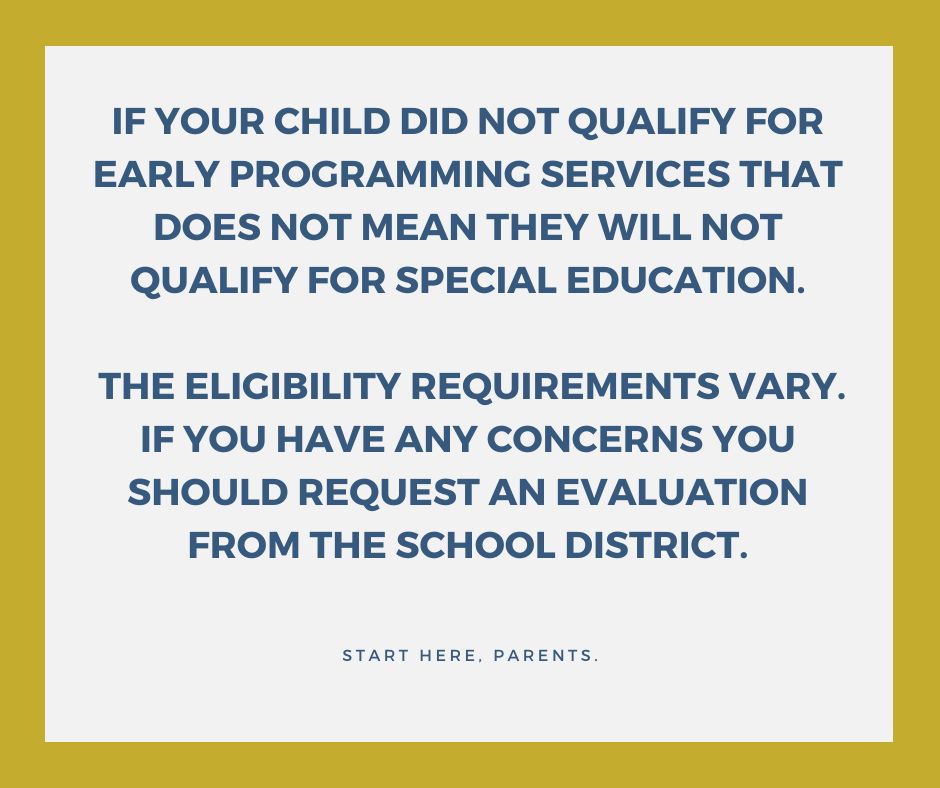
Pre-K Exploration
Children who have attended some kind of school prior to kindergarten have better educational and social outcomes later in school. Pre-K can help your child be more prepared for the expectations and transition that kindergarten will bring. Some states have Pre-K3 and Pre-K4, Head Start, UPK or private / public pre-schooling options. Many programs save seats to prioritize children with disabilities. You can work with your Early Program Coordinator to help your search efforts. Your state may also have listings on their Department of Education website or the school district may be able to provide referrals to preschools in your area.
Some preschools, particularly in large population areas, may have preschool classrooms that are specialized for children with disabilities. If you have the option to choose between a specialized pre-k class and a class with non-disabled peers please remember that there is no right answer, this is about what works best for your child and you know their needs best.
Transition Planning
If you are working with a Coordinator they can help you schedule a meeting to discuss the transition. This meeting should include meeting with your child, answering any questions you have about the special education process, a review of your documentation, and filing our admission paperwork.
Remember, these are experts when it comes to handling these sensitive transition periods. You should feel comfortable asking them to help you prepare your child for this change. They may suggest activities, games, stories, visits or supports that can be put in place to make the transition as smooth as possible for your child.
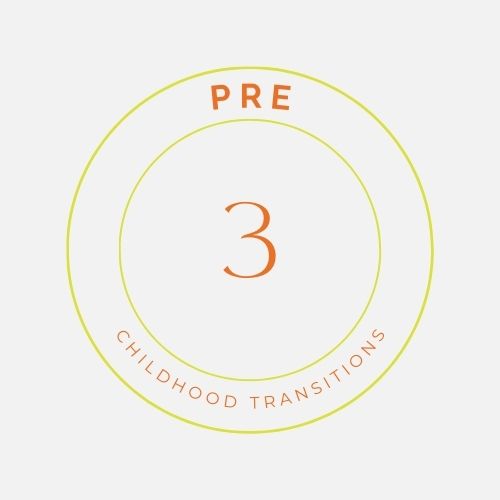
Special Education Evaluation
You’ve been in discussions with the school, have your paperwork in order and have been exploring your options. It is now time for your child to be evaluated by the school system to determine if they qualify for special education services.
Different states use different names for this evaluation; pupil appraisal, 1508 or IEP Assessment are commonly used to describe this process. The evaluator will administer a series of tests to determine if your child has a developmental delay or disability that may impact learning. Do not be afraid to Speak Up during this process and ensure all the right tests are included. All schools are required to check the areas where you suspect a delay or that you specifically request.
If your child qualifies the next question is, what exactly do they qualify for? To make this determination you and the school team will develop your child’s Individualized Education Program (IEP) together. IEPs are a document prepared for each child that qualifies for special education, it is essentially a roadmap that explores your child’s goals alongside the services and accommodations that may be needed to accomplish those goals. IEPs are a legal contract between you and the school. As their parent, you should be a huge part of the IEP process.
You may not agree with the IEP plan or the testing evaluation. Every state has a formal process in place for disputing evaluation results.
Screenings
Once you have made initial contact with the school you can offer to get screenings done outside of the district. Most schools will require hearing and vision reports to inform their evaluation. The district can normally do these screenings but having them do so can often complicate the timing and delay the process. If you do the screenings a few months in advance with your pediatrician you can ensure the reports are ready to go!
Note* Most schools require the reports be less than 1 year old. Start this process when your child is a bit over 2.5.
Pre-K Applications
You’ve been exploring pre-k options since your child turned 2, it is now time to submit applications for the programs that feel right for your child. Every state and municipality has different pre-k application requirements on when and how to submit your interest. Universally, mid- to late 2’s is the best time to start submitting applications and moving towards the next step: enrollment!
Pre-K Prep
Change is hard for everyone, and that may be particularly true for your child with a disability. Visiting the pre-k classroom, reading books about new schools, showing pictures or videos of their new teacher, practicing the new schedule and answering all questions are some ways you can help make this transition smoother for your child. There will be new people, a new schedule and a drastically different new setting with all sorts of sensory experiences that may be a ‘first’. Your Early Program Coordinator may have suggestions on preparing your child that they can share.
Reminder, while a lot will change there are also a lot of things that will not. Maybe your child can still have their favorite breakfast or stories before bedtime, reminding them of all the things that stay the same and keeping that schedule consistent may provide an extra sense of safety during a time of transition.
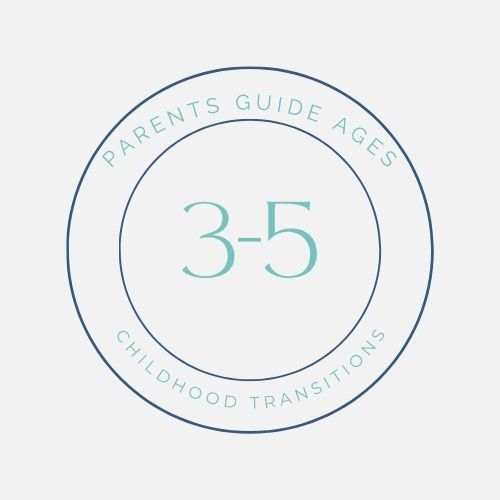
School Based Services
When your child turns 3, if they qualify and have an IEP ready, then they can start special education services. At the age of 3 (in most states) the services transition from your child’s Early Programming provider to the school system. The school district is required by law to follow the guidelines from your IEP plan, and that looks different for each and every child.
Where your child will get services after the age of 3 will vary from kid to kid and the details will be organized with the school district and IEP team. Preschool, community center, or school are just some of the physical locations where your child might start receiving services. You will want to know the therapists, educators, and IEP team members very well as they are the ones keeping track of your child’s progress and ensuring they day-to-day get the services to help them meet the goals identified on their IEP.
After time, if you feel the current plan is not working for your child, or you are concerned that they are not progressing at the rate they should be then you have every right to talk to the IEP team and request a re-work, re-commitment or full overhaul of the plan. Do not be afraid to ask for a meeting outside of the planned annual meeting if you need it. Every year your IEP team should be requesting an IEP meeting, but this does not mean you need to wait for this meeting to be scheduled to voice concerns.
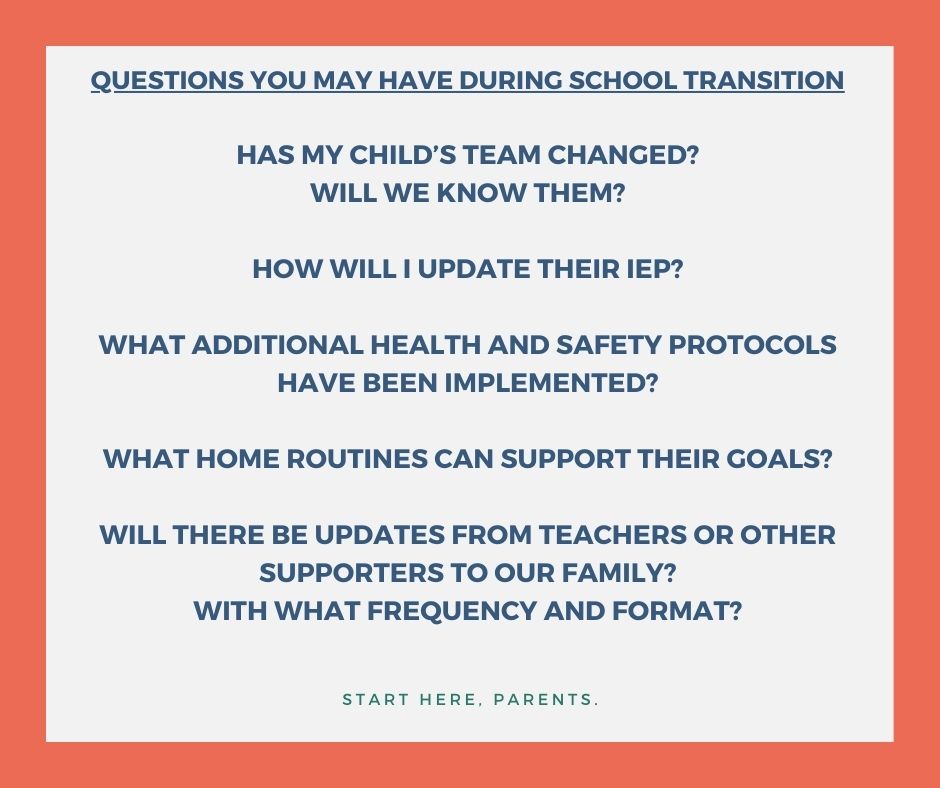
School Exploration
As your child approaches age 5 you will want to prepare for this next transition: kindergarten. Depending on your region and location you may have one local school option in your district, or you may have special school options to choose from.
To explore all options:
-Talk to other parents and see where their children attend school or what this transition looked like for their family
-Ask your IEP team for suggestions on location and timeline
-Talk to the special education department at your school(s) in district
-Ask disability providers in the area if they recommend any good schools or programs tailored for children with disabilities
Kindergarten Prep
The transition to pre-k may have provided you a good sense of your child’s tolerance for change. Depending on their fears or excitement, prep accordingly to prepare your child for a new setting.
It’s always a good idea to visit the new space ahead of time to get familiar with the sights, sounds, building, classroom and teacher. Remember, you are not the first family to make this transition, don’t be afraid to talk to other parents or your IEP team and ask for recommendations or to share lessons learned!
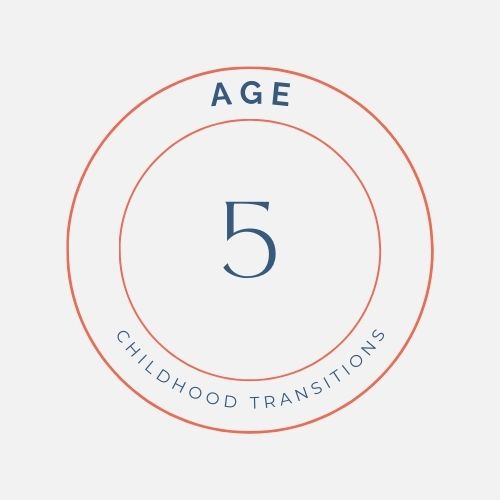
Starting Kindergarten
Each state has different age cutoffs for kindergarten admissions- if your child is turning 5 by that age cutoff they can start kindergarten that school year!
IEP Meeting
Your child’s new teacher will know what an IEP is. Request a meeting to discuss your child with their future teacher. Going over the IEP is important, but that is not the whole overview of a person. Of course you want to ensure they get the services they need to have the best educational environment possible, but making sure the teacher knows your child is equally as important. Some parents make a book or a video to introduce their child, particularly if they have sensitivities or preferences that should be navigated by the teacher. In this meeting, make sure the teacher understands what your child needs and ask what ways they, or other professionals in the classroom, will ensure your child gets the supports that they need to continue working towards the goals on their IEP.
All the Support
There are so many resources that can provide emotional and financial support for you and your family. Overview of some resources here.
